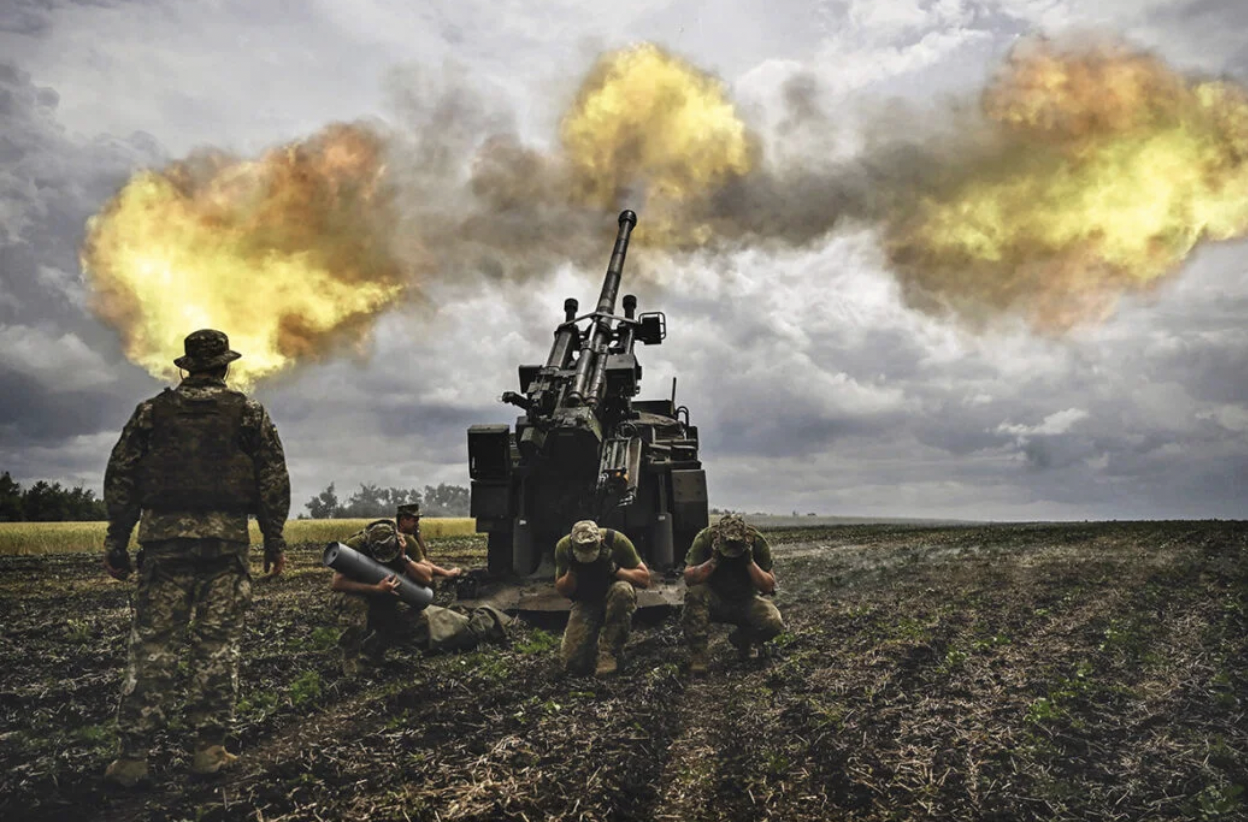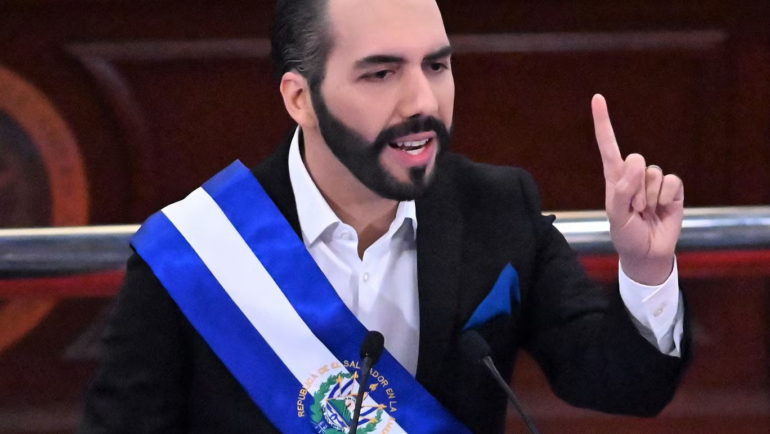
Russians believe they are fighting a Moral War. They’re right.
By Edward Lee
It has been a bloody eleven months of brutal fighting between Russia and Ukraine. Thousands of lives have been lost. Billions of dollars of property damage have been incurred. Generational trauma and bitterness have been unleashed. A tsunami of blood flows from the fields of Ukraine. Anyone with a beating heart would love to find a way to stop this conflict. But how can this possibly be done?
Many in the West have suggested sanctions. Perhaps if we hit the Russians hard enough in their oil sales and wallets, they’ll relent to the demands of the West. Others have suggested that increased weapons provision to the Ukrainian armed forces will sufficiently weaken Russian resolve. Others have suggested more aggressive intervention by NATO. Perhaps some or all of these strategies will play a helpful role in opposing Putin’s territorial aggrandizement. But they’re all missing the point. The Russians still want this war. The Levada Center has Russian support for the war in Ukraine at 72% – only a marginal decrease from its initial level in March.
One could ask, how could the Russian people still support Putin’s war of aggression? All the senseless killing, the pathetic performance of the Russian troops, the serious drain on resources and manpower – how can they possibly desire this? To answer this question, we must enter inside the Russian mind. They do not see this war as an imperial war, or a war for plunder. The drive for this particular conflict runs deeper than that. To them, it is a holy war.
For the entirety of his presidency, Vladimir Putin has championed himself as the global leader of traditional values and Christendom. He consistently decries the decadence and immodesty of the West. Domestically, his shutdown of the Pussy Riot group (A Russian feminist protest and performance group) was a way for him to virtue signal his commitment to opposing debauchery. Internationally, he points to pro-LGBT and pro-feminist trends in the West to point to how Western morals have been degraded from their Christian origins. He uses the narrative of encroachment to describe how the West is trying to swallow Russia into its sphere of influence and force its depravity down the throats of Russian souls.
Putin portrays himself as the protector against this threat. And the Russian people are buying it. Russia sees itself as a messianic light that bears the torch of morality and Christendom – a narrative that is central to Putin’s ruling narrative. Therefore, many Russians buy the lie that they are on the side of justice. And it is woefully difficult to defeat a nation who believes that its cause is fundamentally good.
If Putin wants to speak about this war in moral terms, then we should too. The Russian people should be told about the unspeakable horrors its troops are committing in Ukraine. The Russian people should be told about the incredible corruption and immorality that goes on in its halls of power. Conversely, the Russian people need to see the valor and the compassion being displayed by everyday Ukrainian citizens. Russia is clearly the force of evil in this war, and Ukraine clearly the good. Is Russia representing Christ on the battlefield? Are they the bastion of the greatness of tradition in the fields of Ukraine? The evidence clearly suggests otherwise. Russians need to be able to see that.
I am not foolish enough to think that this will be easy. Putin has a monopoly on Russian media and the Russian people largely buy his message. Also, changing the terms in which we discuss this war won’t end the bloodshed. But in order to weaken the Russian resolve, we need to weaken the moral conviction that what they are fighting for is justice and goodness. Once someone is convinced that they aren’t fighting for the good, morale drops considerably. We need to understand that this is about more than just money and territory. It’s a battle for the soul.


